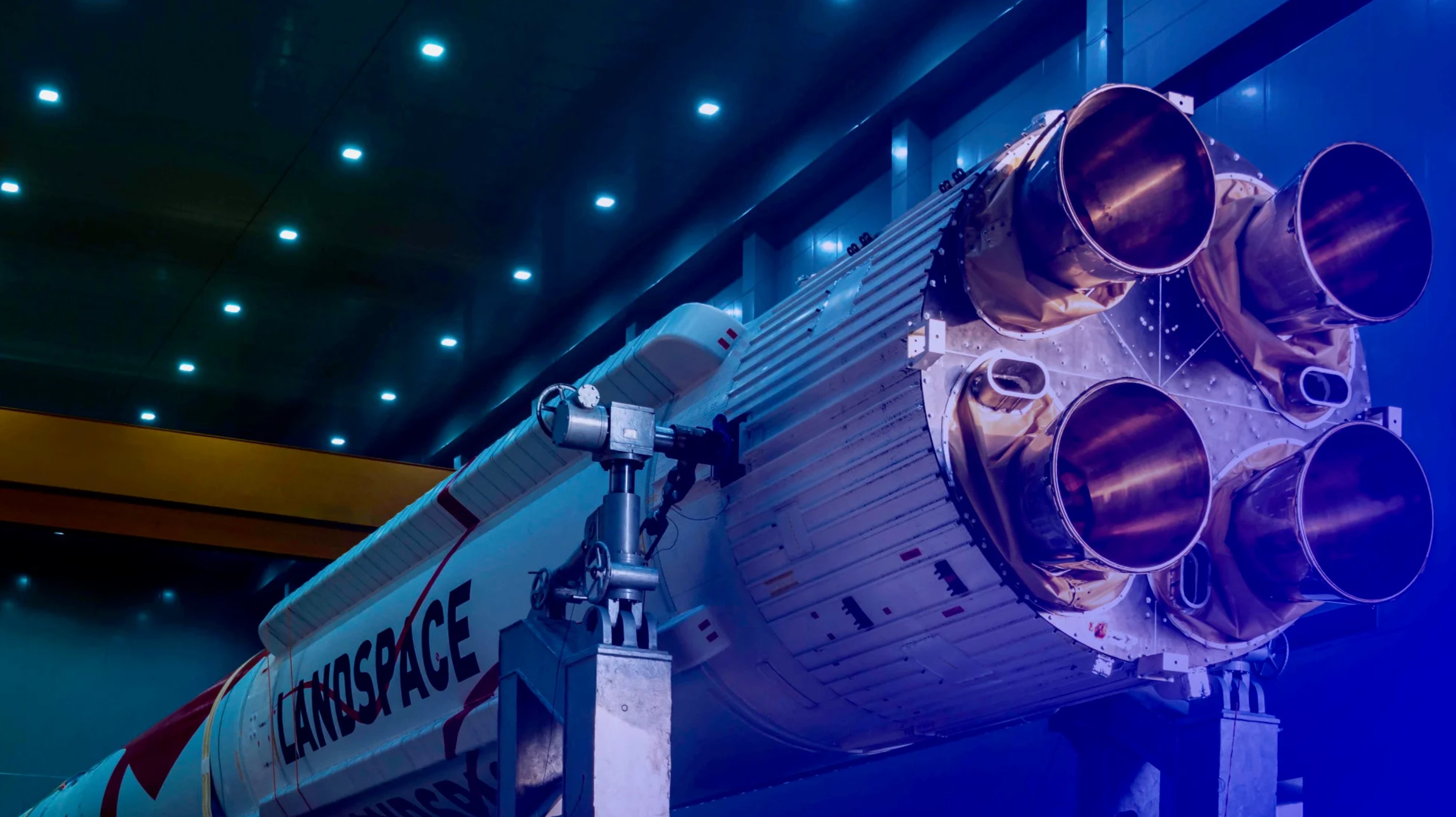China's launch of world's 1st methane-fueled orbital rocket fails, 14 satellites lost
The Zhuque-2 mission was China's first launch of a commercially developed liquid-fuel rocket.

Update for Dec. 15: Beijing-based company Landspace issued a statement on Wednesday (Dec. 14) confirming that the second stage of its Zhuque-2 rocket experienced an anomaly, causing a mission failure. "The specific reasons are being further analyzed and investigated," Landspace's statement reads.
The world's first methane-fueled rocket to be launched toward orbit has failed to reach its goal.
The Zhuque-2 rocket, developed by Beijing-based company Landspace, lifted off Wednesday (Dec. 14) on the first-ever orbital mission of a methane-fueled launcher and China's first liftoff of a commercially developed liquid propellant rocket. Despite the high hopes for the historic mission, it appears that Zhuque-2 failed to reach orbit and lost the 14 satellites it carried.
The launch took place at China's Jiuquan Satellite Launch Center in the Gobi Desert at 3:30 a.m. EST (0830 GMT) on Wednesday and was intended to place a variety of commercial satellites into sun-synchronous orbit. According to reports, however, the rocket's second stage failed, resulting in a mission failure and the loss of all satellites.
Related: Chinese rocket body disintegrates into big cloud of space junk
China's space agency has yet to issue an official statement about the launch. However, footage appeared on Twitter after launch that seems to suggest there was an anomaly with the rocket's second stage that prevented Zhuque-2 from reaching orbital velocity.
https://t.co/l8j2WPO4Gu pic.twitter.com/RlbRazxL3LDecember 14, 2022
Snapshots taken from Chinese launch coverage appear to show the rocket's first stage performing well, but that a severe loss of altitude and speed happened roughly five minutes into the flight.
Breaking space news, the latest updates on rocket launches, skywatching events and more!
Another snapshot shows Zhuque-2 was losing altitude and speed after SECO at ~T+300s.That's not a perfect ending, but it still deserves our praise. Space is hard and we hope to see #ZQ2's return soon. pic.twitter.com/wkkt6Fzya1December 14, 2022
Landspace is already working on a second Zhuque-2 rocket, according to SpaceNews, but it isn't yet known when another launch attempt will be made.
Despite the failure of Zhuque-2, the mission continues to demonstrate the rapid progress being made by China's space program, both in terms of national and commercial capabilities. China is nearing 60 successful launches under its belt for 2022, and recently completed its T-shaped Tiangong space station.
Chinese private space firms have made progress this year as well, as more launch providers have begun to place payloads in orbit on behalf of the state-owned China Aerospace Science and Industry Corporation (CASIC).
Follow Brett on Twitter at @bretttingley. Follow us on Twitter @Spacedotcom or on Facebook.

Brett is curious about emerging aerospace technologies, alternative launch concepts, military space developments and uncrewed aircraft systems. Brett's work has appeared on Scientific American, The War Zone, Popular Science, the History Channel, Science Discovery and more. Brett has degrees from Clemson University and the University of North Carolina at Charlotte. In his free time, Brett enjoys skywatching throughout the dark skies of the Appalachian mountains.
